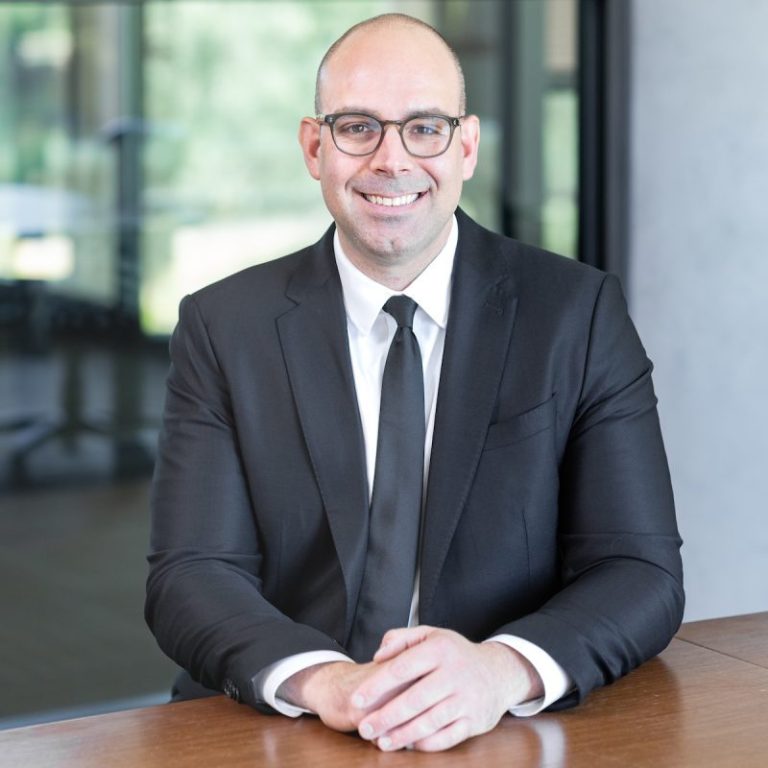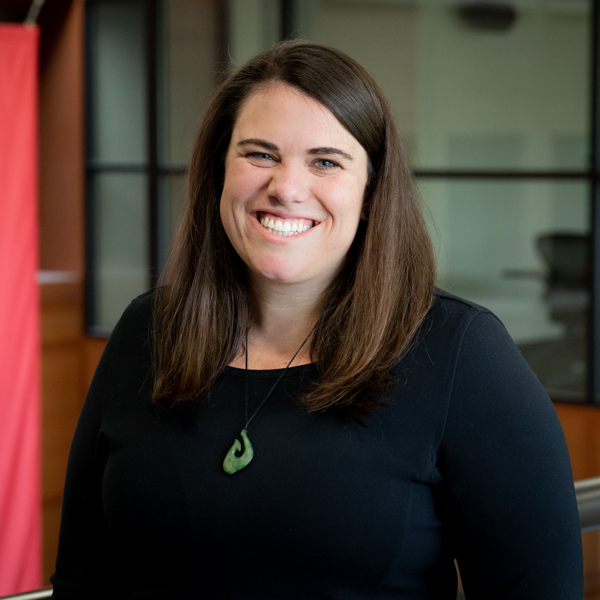Craig Albers, Associate Professor
One of my current research lines examines the critical components of universal screening and progress monitoring as part of prevention and early intervention models. Consequently, I have been examining the psychometric properties and utility of universal screening instruments, and how these procedures should be implemented in school settings.
A second line of research is focused on increasing the recognition of ELL-related issues among educators and other human service providers and furthering the knowledge base regarding how to improve long-term outcomes among this population. This consists of examining the connection between language acquisition, literacy, social emotional functioning, and health outcomes; examining academic and emotional functioning instruments and procedures that can be used as universal screening measures to identify ELLs in need of additional supports at an early stage of difficulty development; and examining potential academic and emotional interventions for ELLs.
A final line of research is the development of the Alternate ACCESS, which is an alternate language proficiency measure for ELL students with significant disabilities.


Jennifer Asmus, Professor, Department Chair
My research program is focused in the area of applied behavior analysis (ABA) using single-subject research methodology. The focus of my work is to utilize functional analysis methodology in natural settings such as the classroom or home to develop interventions to assist children with behavioral difficulties. Most recently, I have conducted assessments to decrease problem behavior such as aggression or disruption and increase appropriate behaviors such as positive social interactions for children with autism. The goal of my research is to replace problematic behaviors with more socially acceptable communication options so that ultimately increased opportunities for inclusion in general education settings will occur.
Katie Eklund, Professor
Dr. Eklund’s research focuses on school mental health, including early identification and intervention for children who have behavioral and/or social-emotional concerns, social emotional learning, school climate, and school safety. Her current research projects include implementation of universal screening and Tier 2 social-emotional interventions in K-12 schools, addressing the social-emotional and behavioral needs of culturally and linguistically diverse students, and investigating the impact of school resource officers on school climate and safety. She is also co-author of the Resilience Education Program, a brief intervention for students at risk for internalizing behavior concerns.


Andy Garbacz, Program Co-Director and Professor
Andy’s research focuses on (a) mental health promotion and (b) optimizing mental health interventions in school and community settings to center equity and justice, and improve adoption, implementation, and sustainment. Andy’s expertise includes community-engaged research, qualitative methodology, implementation science, large-scale randomized trials, and hybrid (effectiveness-implementation) methodology. Andy co-developed the Family-School Partnerships for Mental Health framework, an approach to build partnerships among families, school professionals, and community mental health professionals to support youth mental health. He also co-developed Resilient Families, a family-school intervention to support students at-risk for internalizing concerns within the Resilience Education Program. Andy contributed to the development of Teachers and Parents as Partners, and has an active research program examining the Family Check-Up to promote family wellbeing and youth mental health.
Elizabeth Hagermoser-Bayley, Clinical Assistant Professor
Elizabeth Hagermoser-Bayley is a licensed psychologist and holds the National Certification in School Psychology (NCSP). Elizabeth works alongside Dr. Kristy Kelly to supervise graduate students in their work in the School Psychology Training Clinic (SPTC), Student Assessment Services (SAS), and Madison-area schools. Elizabeth teaches several practicum-based seminars as well as psychopathology and a course focusing on psychotherapy techniques. She is interested in research and practice related to supervision, the professional development of school psychologists, and adolescent mental health.


Kristy Kelly, Director of Clinical Training, Program Co-Director, Clinical Professor
Kristy Kelly is a licensed psychologist, licensed school psychologist, and holds the National Certification in School Psychology (NCSP). Kristy supervises the training experiences of graduate students as they work with children, families, and school staff members through the School Psychology Training Clinic (SPTC), Student Assessment Services (SAS), and in Madison-area schools. She teaches several practicum seminars focused on foundational clinical skills; assessment and intervention for academic, social-emotional, and behavioral interventions for children; and legal and ethical issues in education. She is particularly interested in clinical supervision, professional development of school psychologists, and issues related to school-based mental health.
Stephen Kilgus, Professor
Dr. Kilgus’ research is in the area of school mental health. His first research line is focused on the development and testing of interventions for students with mental health concerns. Dr. Kilgus co-authored the Resilience Education Program (REP), a brief intervention for students at risk for internalizing concerns (e.g., depression and anxiety). He has also conducted multiple studies examining Check In/Check Out (CICO), an intervention for students with social behavioral concerns. Dr. Kilgus’ second research line is focused on the development of assessments that can be used to determine (a) which students need support, (b) how to best help them, and (c) if students are responding to these supports. Through this work, he co-authored the Social, Academic, and Emotional Behavior Risk Screener (SAEBRS), a widely used school-based universal screening tool.


David Klingbeil, Associate Professor
The overarching goal of my research is to identify the evidence for assessments and interventions used in schools and to increase the efficiency of those practices to make them more feasible for educators tasked with implementing them. My first line of research relates to universal screening to identify students in need of academic support. I have partnered with districts in Wisconsin and Texas to evaluate how well their screening process is working and identify areas in which that process can be optimized. My second line of research relates to identifying evidence-based practices (via studies of academic and social-behavioral interventions) and evaluating the empirical support available for popular educational practices (via systematic review and meta-analysis) that are commonly used in schools. My third line of research relates to the use of single-case experimental designs to study academic skill outcomes. More specifically, this work has focused on methods to improve the quantification of intervention effects studied using single-case experimental designs and developing a database of empirically derived effect size benchmarks from studies of academic interventions that used single-case experimental designs.